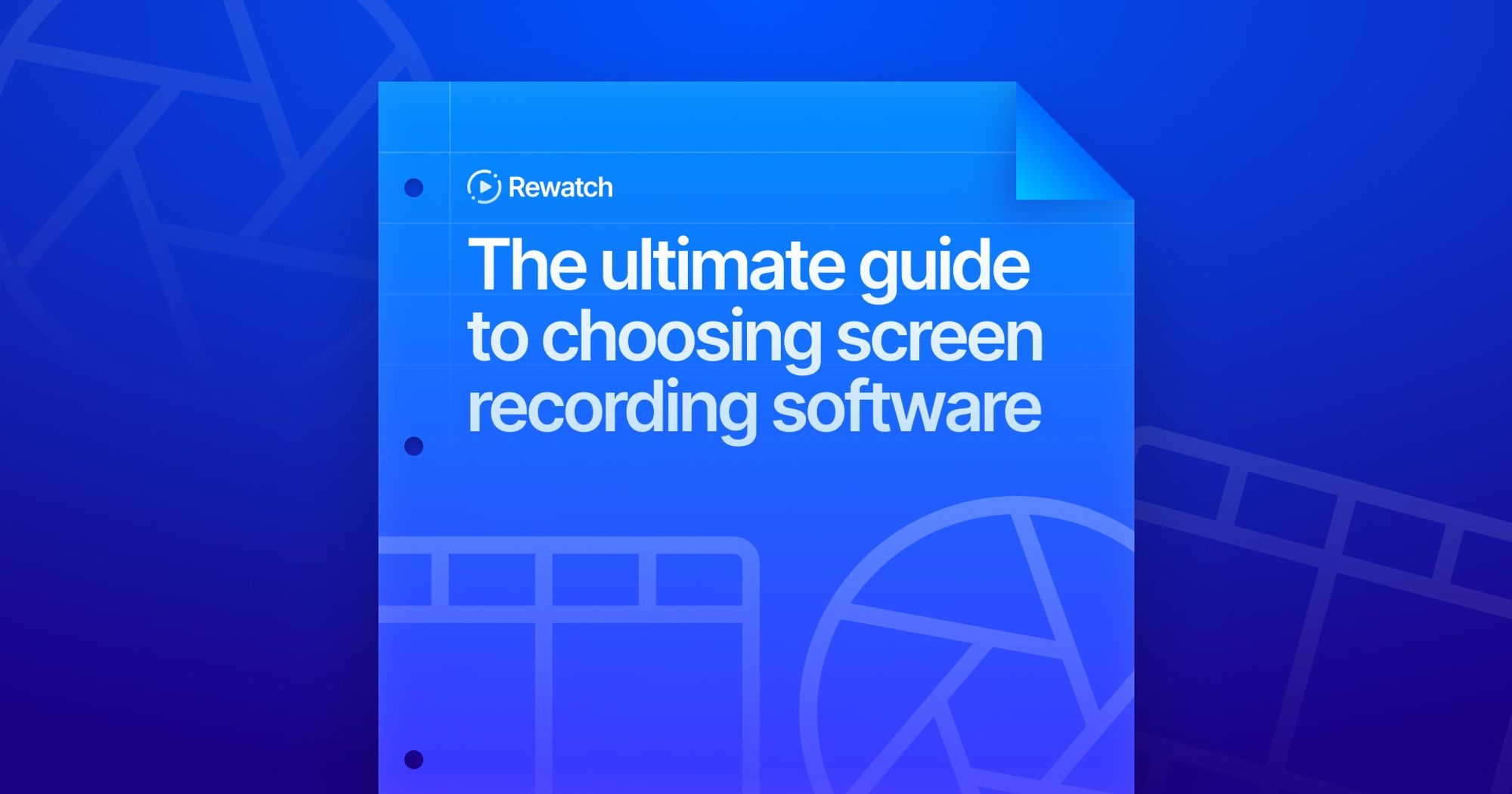How to make data-driven decisions with an AI meeting assistant
AI meeting assistants are emerging as a pivotal tool in overcoming challenges surrounding the deluge of data most desk workers face everyday. By capturing key insights, transforming conversations into actionable data, reducing meeting times, improving communication, and breaking down information silos, these assistants empower businesses to make more informed, data-driven decisions.
By Liz Childers in

AI meeting assistants play a pivotal role in enhancing decision making within organizations. By capturing key insights, transforming conversations into actionable data, and reducing time wasted in meetings, they ensure that businesses are not just efficient, but also intelligently responsive to the insights gathered from their most valuable discussions.
Do you really need help with decision making?
There’s a reason social media is littered with jokes about miscommunication between colleagues and repetitive meetings: for many companies, it’s an accepted part of work that employees face a daunting maze of communication challenges and information silos. But these pain points are not just minor hiccups in the workflow; they represent significant barriers to productivity, innovation, and effective decision making.
Maintaining effective communication
Effective communication within an organization is a cornerstone of success, yet it remains one of the most elusive goals. In a typical enterprise setting, teams are often dispersed across different locations and time zones, making it challenging to keep everyone on the same page. Important messages get lost in a sea of emails, critical meeting insights are forgotten or miscommunicated, and the result is a workforce that is not fully aligned with the company's goals and strategies. This misalignment not only hampers productivity but can also lead to missed opportunities and a slow response to market changes.
Information silos
Equally problematic are information silos, a common occurrence in organizations of any size. Departments often work in isolation, accidentally hoarding valuable data and insights that could benefit other parts of the business. This compartmentalization leads to redundant efforts, conflicting projects, and a lack of synergy in strategic initiatives. When teams don't share knowledge or collaborate effectively, great ideas get lost, and the organization's ability to innovate and compete is diminished.
How AI meeting assistants enhance decision making
These challenges highlight the need for solutions that can bridge communication gaps and dismantle information silos, thereby fostering a more collaborative, informed, and agile business environment. AI meeting assistants do exactly that.
Capturing key insights
AI meeting assistants are transformative in how they capture and organize key insights from meetings. Picture a scenario where a sales team discusses quarterly targets. Traditionally, vital points might be lost in the shuffle of conversation. However, with an AI assistant, key targets, strategies, and action items are automatically captured and flagged. For instance, if the team decides to focus on upselling to existing clients, this strategy is highlighted and can be easily accessed for follow-up actions. This ensures that critical decisions don't get buried in meeting notes but are instead immediately actionable — even for teams who were not in the meeting.
Reducing time wasted in meetings
AI meeting assistants significantly enhance productivity by streamlining the meeting process and ensuring a focused agenda. They can synthesize the content of meetings into concise, AI-generated summaries, allowing team members who were unable to attend to quickly catch up without wading through extensive transcripts or lengthy recordings. This efficiency is not just about saving time; it's about ensuring uniform understanding and alignment across the team. For example, in a cross-functional project meeting, an AI-generated summary can provide all stakeholders, regardless of their attendance, with a clear and concise overview of progress, decisions made, and action items. This approach ensures that everyone, irrespective of their physical presence in the meeting, is on the same page, leading to better coordination and execution of project goals.
Automated transcription and data entry
AI meeting assistants can automatically transcribe Zoom, Meet, or Teams meetings in real-time, providing an accurate written record of every discussion. This transcription process goes beyond simple note-taking; it captures nuances, tones, and the context of conversations. When these transcriptions are stored in a searchable database, they become a valuable resource for reference, analysis, and decision making. For instance, a team can quickly search for specific topics, decisions, or ideas discussed in past meetings, enabling them to build upon previous discussions or track the evolution of a project.
Integration with other business tools
AI meeting assistants can be integrated with other business tools such as CRM systems, project management software, and data analytics platforms. This integration allows for the seamless flow of information across various business functions. For example, insights and decisions from a sales meeting can be automatically updated in the CRM system, ensuring that all customer-related decisions are immediately reflected in the sales pipeline.
Customizable organization for easy retrieval
Companies can set up AI meeting assistants to organize and share meeting contents automatically. This could be based on project names, departments, teammates, or other relevant criteria. With this organizational system, retrieving information becomes more straightforward and efficient. A team member could, for instance, quickly find all discussions related to a specific project or client, regardless of when they occurred, by searching for the designated folder or — thanks to attached, searchable transcriptions — client name.
By capturing key insights, transforming conversations into actionable data, reducing meeting times, AI meeting assistants foster a more collaborative, informed, and agile business environment empowering businesses to make more informed, data-driven decisions. For companies looking to stay ahead in a competitive market, adopting AI meeting assistant technology is not just an option—it's a strategic imperative. Try Rewatch’s free today.
Insights for the modern workplace
Get fresh ideas and practical tips to help your team work better, together. Delivered straight to your inbox.

